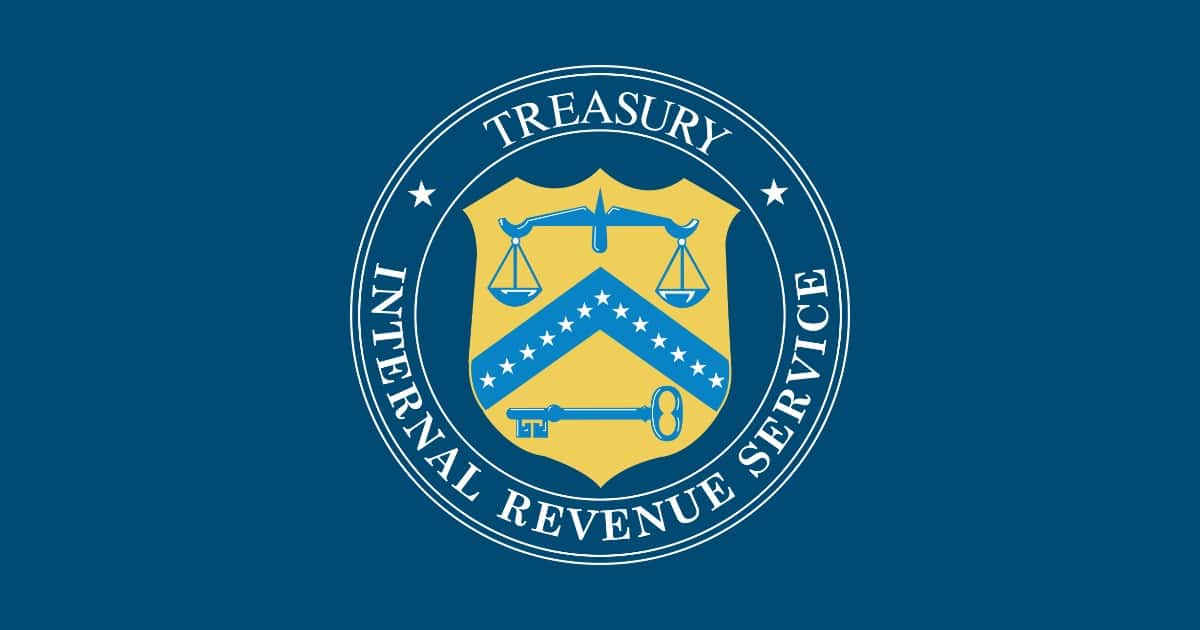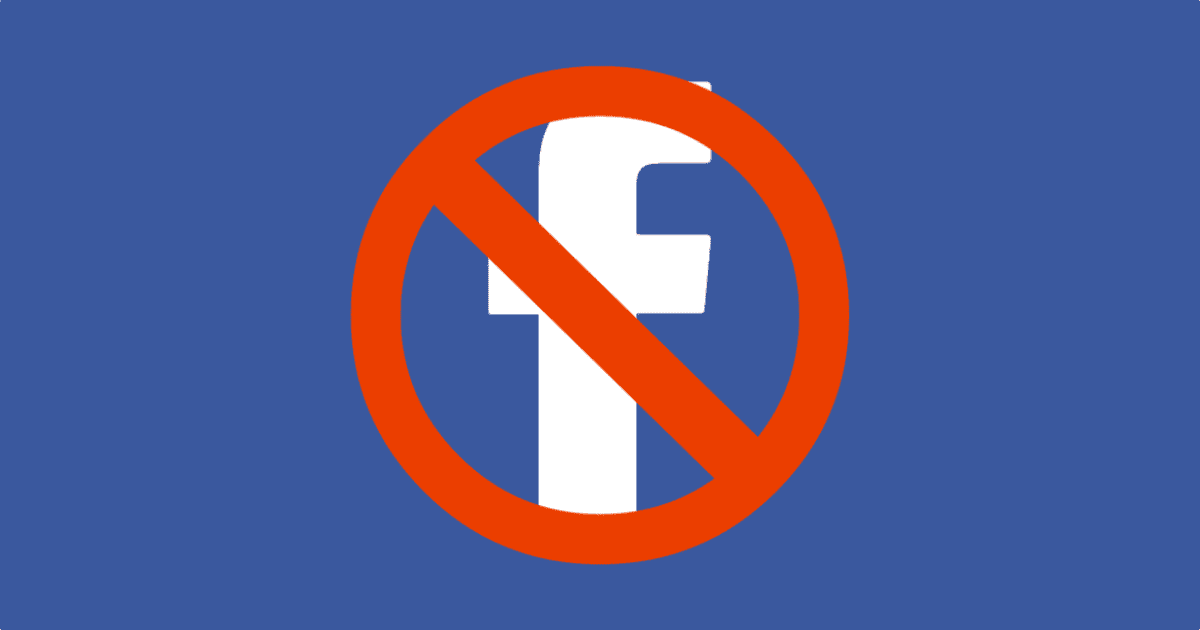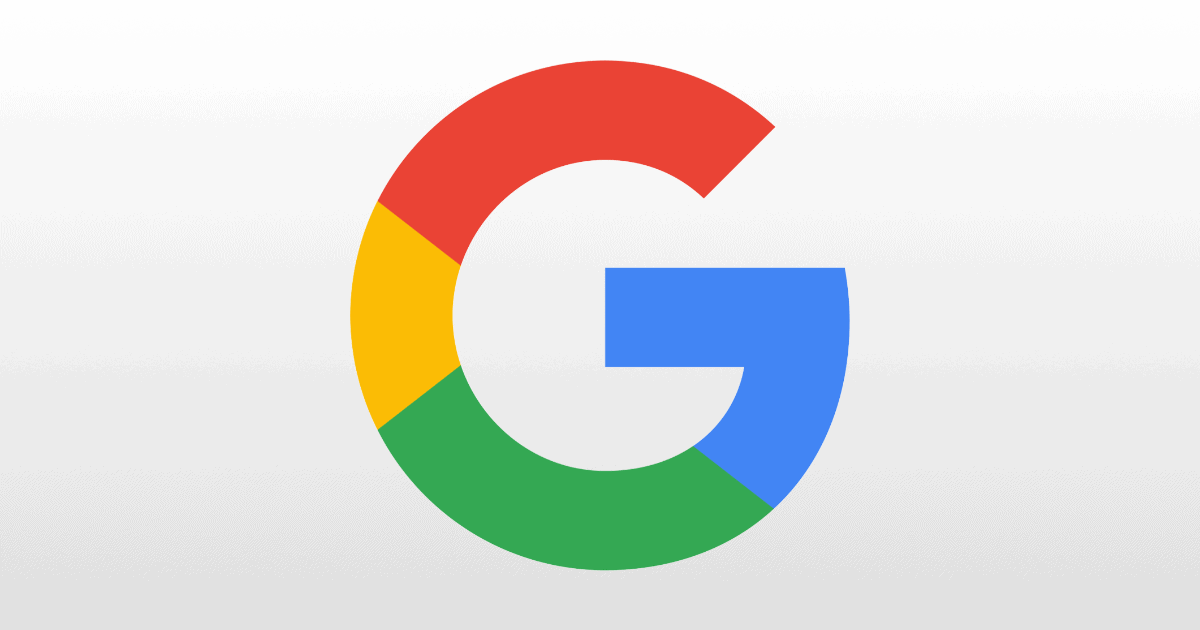As people are required to work from home, apps like Zoom help us with video conferencing. But why is the iOS app sending our data to Facebook?
Upon downloading and opening the app, Zoom connects to Facebook’s Graph API, according to Motherboard’s analysis of the app’s network activity. The Graph API is the main way developers get data in or out of Facebook. The Zoom app notifies Facebook when the user opens the app, details on the user’s device such as the model, the time zone and city they are connecting from, which phone carrier they are using, and a unique advertiser identifier created by the user’s device which companies can use to target a user with advertisements.
I’ll add this to my #DeleteFBSDK endeavors.














